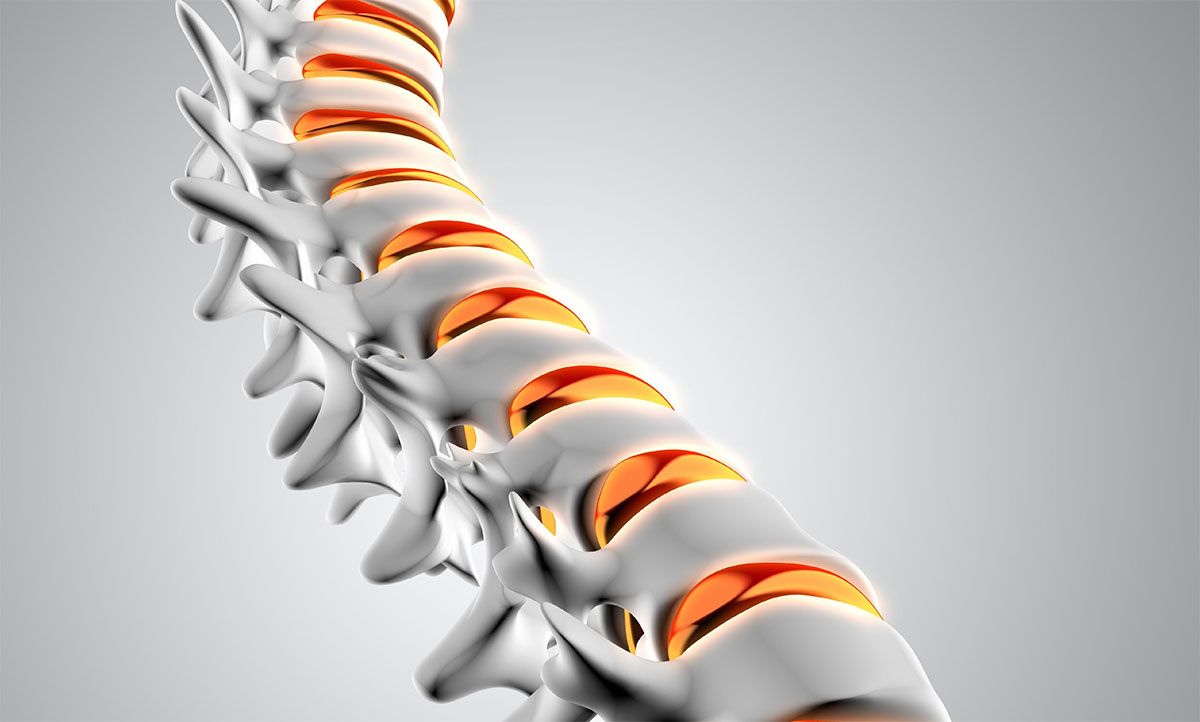
Maintaining a Healthy Spine: Tips for a Strong and Pain-Free Back
Your spine plays a vital role in supporting your body and facilitating movement. Taking proactive measures to prevent spine problems and maintain a healthy spine throughout your life is crucial. While some issues may be unavoidable, following these guidelines can significantly reduce the risk and help you enjoy a pain-free back.
Maintain a Healthy Weight
Excess weight puts undue stress on your spine, increasing the risk of developing spine problems such as lower back pain and degenerative disc disease. Maintaining a healthy weight through a balanced diet and regular exercise can alleviate the strain on your spine. Incorporate nutritious foods into your diet, including fruits, vegetables, lean meats and dairy products. Consult a healthcare provider or a registered dietitian to develop a personalized plan to achieve and maintain a healthy weight.
Practice Good Posture
Maintaining good posture is essential for a healthy spine. Whether sitting, standing or lifting objects, keeping your spine properly aligned is important. Avoid slouching, hunching over, or staying in one position for prolonged periods. When sitting, ensure that your back is straight and your feet are flat on the floor. Use ergonomic chairs, supportive mattresses and pillows to maintain proper spinal alignment and support. Additionally, adjust your computer screen to eye level to minimize neck and upper back strain.
Exercise Regularly
Regular physical activity is one of the best ways to keep your spine healthy. Walking, swimming, yoga, and core-strengthening exercises help improve flexibility, muscle strength, and posture. Strengthening your back and core muscles provides better support for your spine. Consult a healthcare professional or physical therapist to develop an exercise routine suitable for your needs and abilities.
Lift Heavy Objects Correctly
Improper lifting techniques can strain your spine significantly and lead to injuries. Remember to use your leg muscles instead of your back when lifting heavy objects. Bend your knees, keep the object close to your body and avoid twisting while lifting. If the object is too heavy or awkward to raise alone, ask for assistance rather than risking potential back injuries.
Avoid Repetitive Strain
Repetitive movements and prolonged periods of certain activities can strain the spine. If you have a job that requires prolonged sitting or standing, take regular breaks, stretch and change positions frequently. Incorporate ergonomic equipment and techniques to minimize strain on your spine during daily activities. Pay attention to your body’s signals and adjust your posture or position accordingly to avoid unnecessary stress on your spine.
Maintain a Healthy Lifestyle
Certain lifestyle choices can have a significant impact on spine health. Smoking, for example, reduces blood flow to the spinal discs, impeding their ability to receive necessary nutrients and increasing the risk of degenerative changes. Excessive alcohol consumption can contribute to weakened bones and an increased risk of fractures. Adopting a healthy lifestyle, including avoiding smoking and moderating alcohol intake, can promote overall spine health.
Seek Medical Attention when Necessary
Suppose you experience persistent or severe back pain or any other concerning symptoms related to your spine. In that case, it’s essential to seek medical attention promptly. A spine specialist can evaluate your condition, provide an accurate diagnosis and recommend appropriate treatment options.
Maintaining a healthy spine requires proactive efforts to prevent injuries and minimize strain. By practicing good posture, exercising regularly, maintaining a healthy weight, lifting heavy objects correctly, avoiding repetitive strain and adopting a healthy lifestyle, you can significantly reduce the risk of spine problems and enjoy a pain-free back. If you’re experiencing persistent and severe back pain or have concerns about your spine health, we are here to help. Contact us at 973-971-5000 or visit our website at www.atlanticspinespecialists.com for expert care and personalized treatment options tailored to your needs from our specialists, Dr. Carl P. Giordano and Dr. Richard S. Nachwalter. Don’t hesitate to reach out and take the first step towards a healthier spine and improved quality of life.